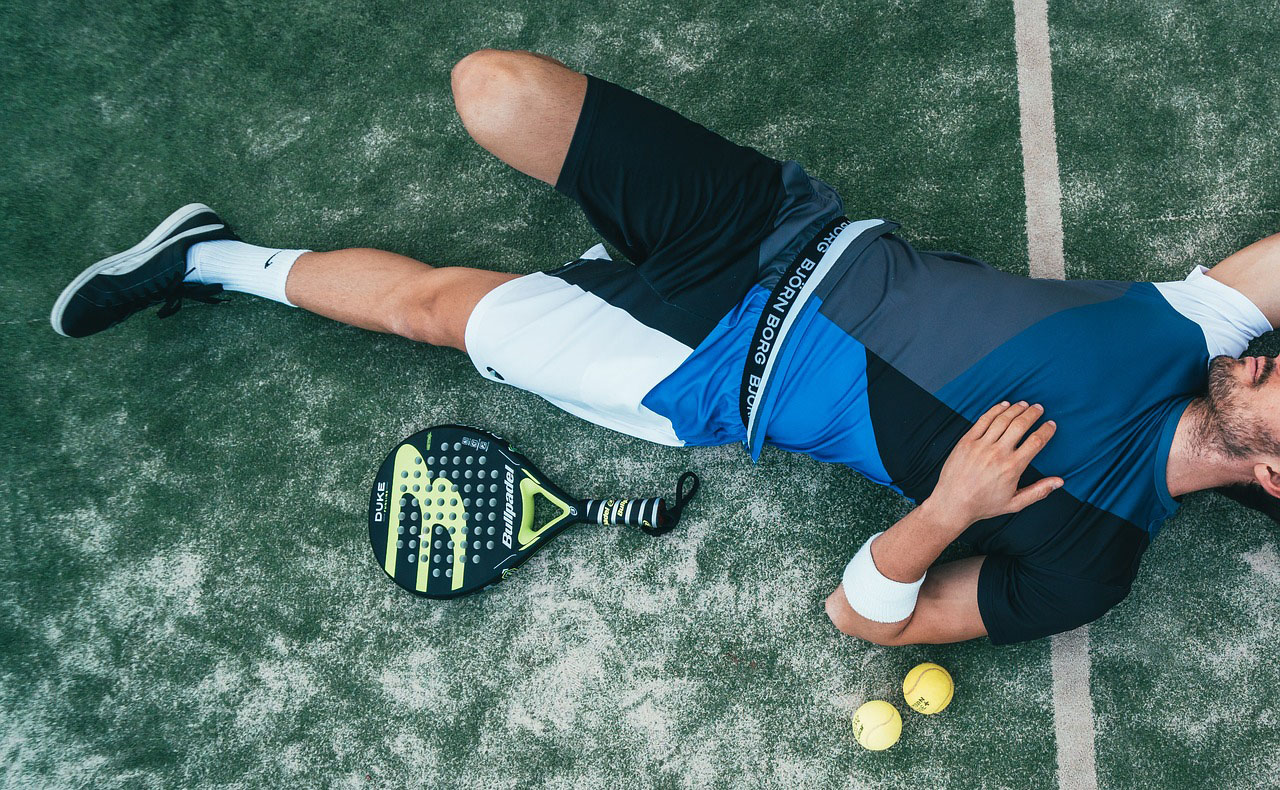Coaching Generation Z Athletes

Published
Today’s young athletes belong to a group known as Generation Z (a.k.a., Gen Z), or the Post-Millennial or iGeneration (Twenge, 2017). This group was born between the mid-1990s and the early 2000s, and is also the demographic cohort following the Millennials, Generation X, and Baby Boomers. Generation Z youth, in general, have grown up in a completely digital environment. They were born after the advent of the Internet, growing up with smartphones, laptop computers, and iPads in their homes and schools, enabling them to possess superb technological skills.
Generation Z has also been influenced by significant sociocultural and economic events (e.g., 9/11 attacks, 2008 global recession, and the first African-American President elected). While they may be the best-educated generation in history, critics also notice Generation Z’s shorter attention spans, need for frequent (positive) feedback, lack of independence, and increased screen time. However, Twenge (2017) also discovered that Generation Z youth are growing up more slowly, including engaging in sex later and avoiding adult responsibilities such as moving out of their parents’ houses and becoming financially independent. They are also the most protected and safest generation, meaning they spend less time in direct contact with friends and loved ones, leading to the highest generational marks of depression, anxiety, and loneliness.
What does this mean for Generation Z athletes and those who support their development? Gould and colleagues (2019) at the Institute for the Study of Youth Sports conducted some of the seminal research related to Generation Z athletes. They interviewed 11 staff members at the United States Tennis Association, including sport coaches, strength and conditioning coaches, a sport psychologist, and an administrator. These stakeholders identified strengths of Generation Z athletes as being highly motivated and educated, having strong technology skills, desiring to know the ‘why,’ and being visual learners. The participants also cited challenges of working with this cohort of athletes, which included short attention spans, poor in-person communication skills, lack of independence, entitlement and ungratefulness, difficulties dealing with adversity, preoccupation with social media and smartphones, and complications working with their support networks (e.g., parents or other coaches).
The uniqueness of Generation Z lies in the rapid onset of these changes, most likely due to technological advancements that have caught teachers, coaches, and support staff off-guard. So, how can adults work most effectively with Generation Z athletes? The following are suggestions based on empirical research of the topic:
- Explain the 'Why.' With technology and information at their fingertips, Generation Z athletes expect adults to have done their homework. Providing a quick rationale for training methods and practice plans can improve motivation and effort of young people. It also reduces the inevitable ‘why’ questions from both athletes and parents.
- Communicate Effectively. While face-to-face communication is not a strength of Generation Z athletes, coaches and support staff can challenge young athletes by asking open-ended questions, using text messaging only for logistical communication, practicing face-to-face conversations in team meetings or training, and switching up the methods of communication (i.e., videos, articles, and demonstrations) to aid messaging.
- Be Direct. With shorter attention spans of Generation Z athletes, coaches and support staff can adapt by making their messages more direct at the start and end of training sessions and during pre-game or half-time speeches.
- Focus on Quality Over Quantity. Today’s young athletes (and their parents) are more in tune with strength and conditioning techniques as well as injury prevention. Coaches and support staff can assist by being aware of overtraining and burnout symptoms and using periodization principles when scheduling training and competitions.
- Build Independence. Undoubtedly, Generation Z athletes are more dependent on significant adults than any other cohort in history. By giving athletes some autonomy, choice, and responsibility, coaches and support staff can give them more ownership and develop skills related to independence. For example, providing opportunities for decision making, critical thinking, and accountability can help athletes with personal and professional development.
- Promote Resiliency. While each generation is considered “softer” than the previous one, Generation Z is known to have heightened difficulties dealing with adversity. Coaches and support staff can create opportunities for athletes to cope with adversity and learn perseverance and resilience. Creating pressure and challenging situations in training, along with teaching appropriate coping strategies, may assist Generation Z athletes with how to better handle competitive and personal setbacks.
While more research is needed on generational differences in today’s athletes, early studies have provided insight into some unique characteristics of Generation Z. Coaches and support staff can benefit from this knowledge and adapt their teaching and coaching philosophies to suit today’s young athletes.
References
Gould, D., Nalepa, J., & Mignano, M. (2019). Coaching Generation Z athletes. Journal of Applied Sport Psychology (accepted).
Twenge, J. (2017). iGen: Why today’s super connected kids are growing up less rebellious, more tolerant, less happy and completely unprepared for adulthood and what that means for the rest of us. New York: Simon and Schuster.
Share this article:
Published in:





